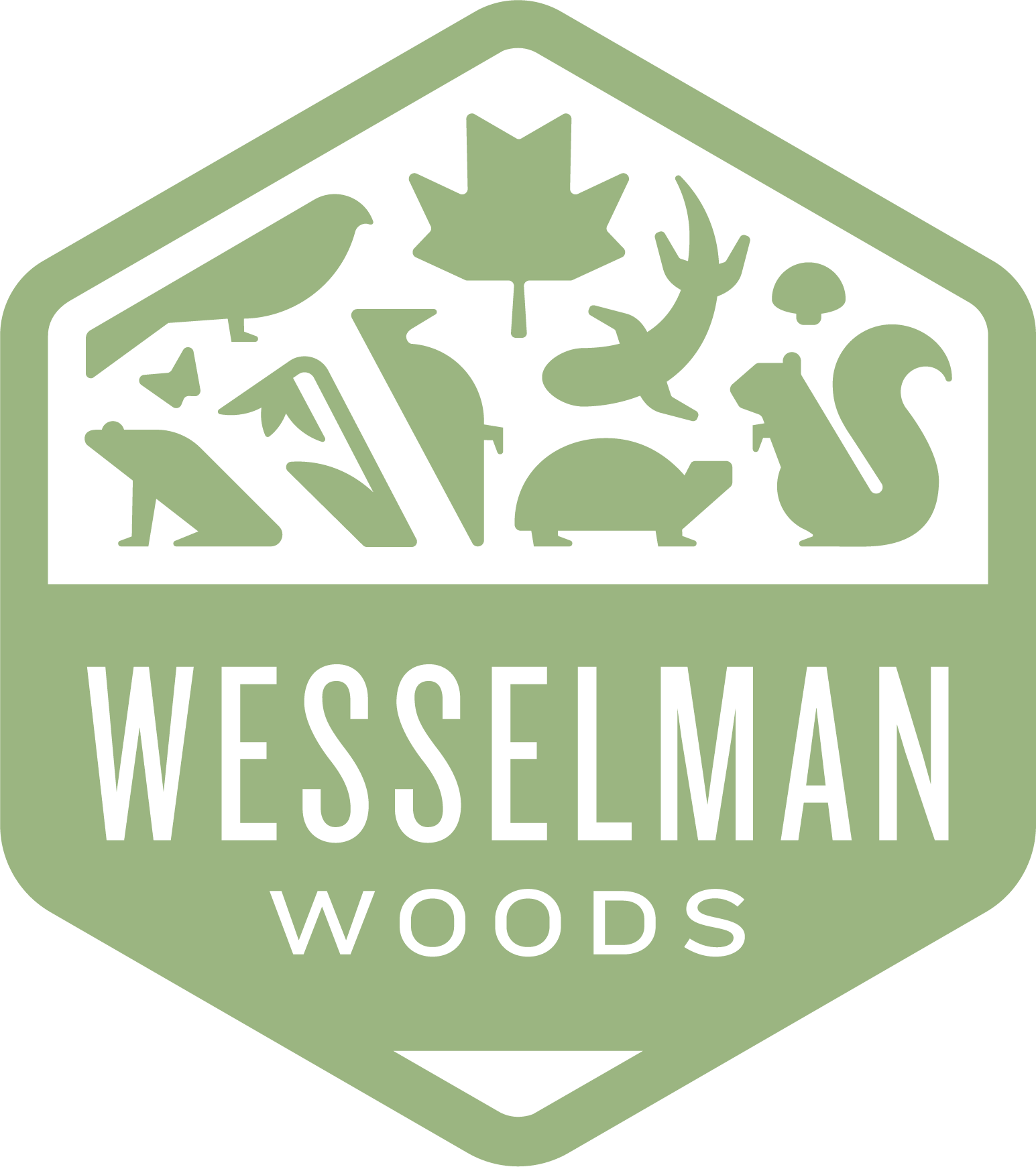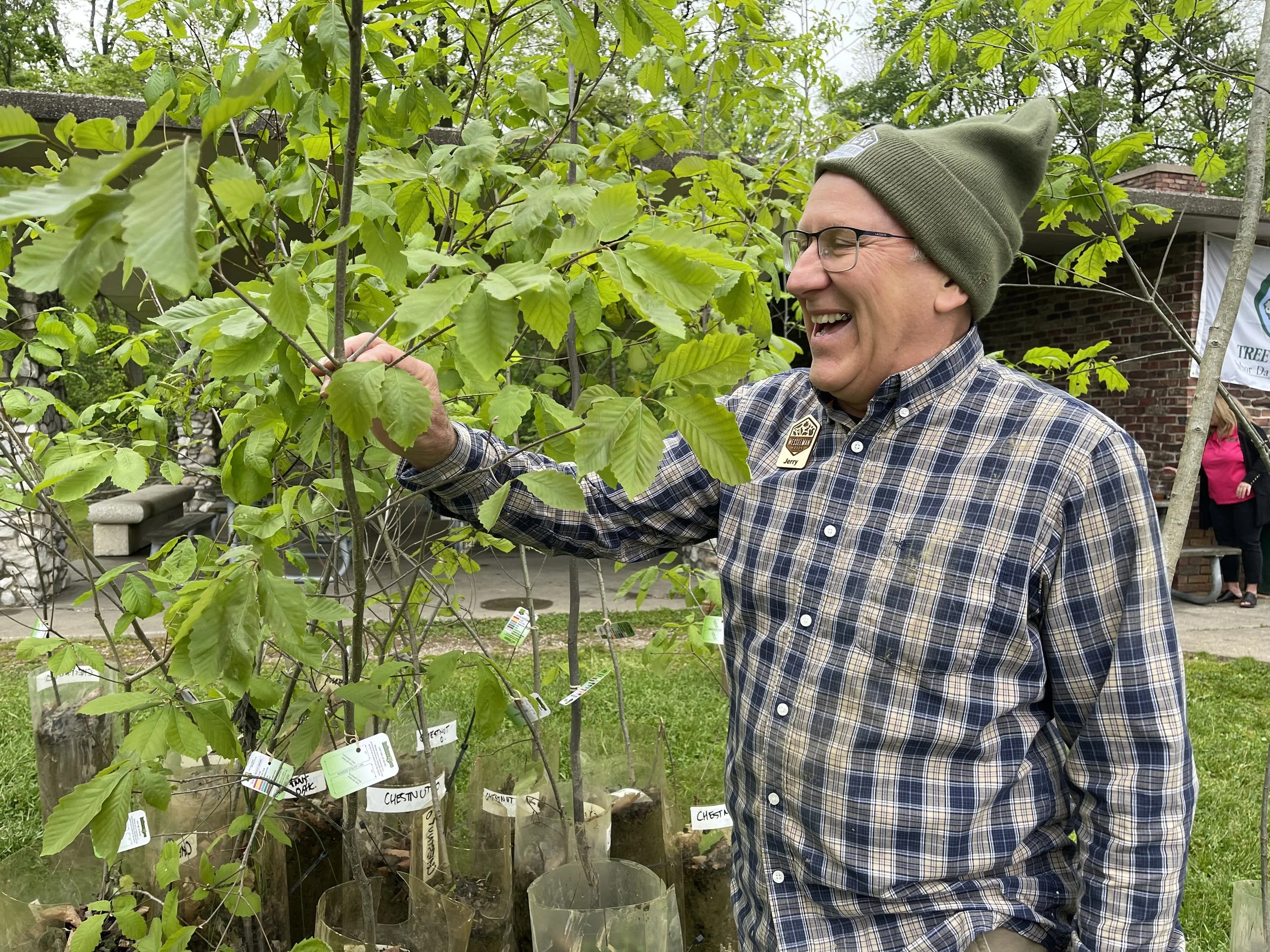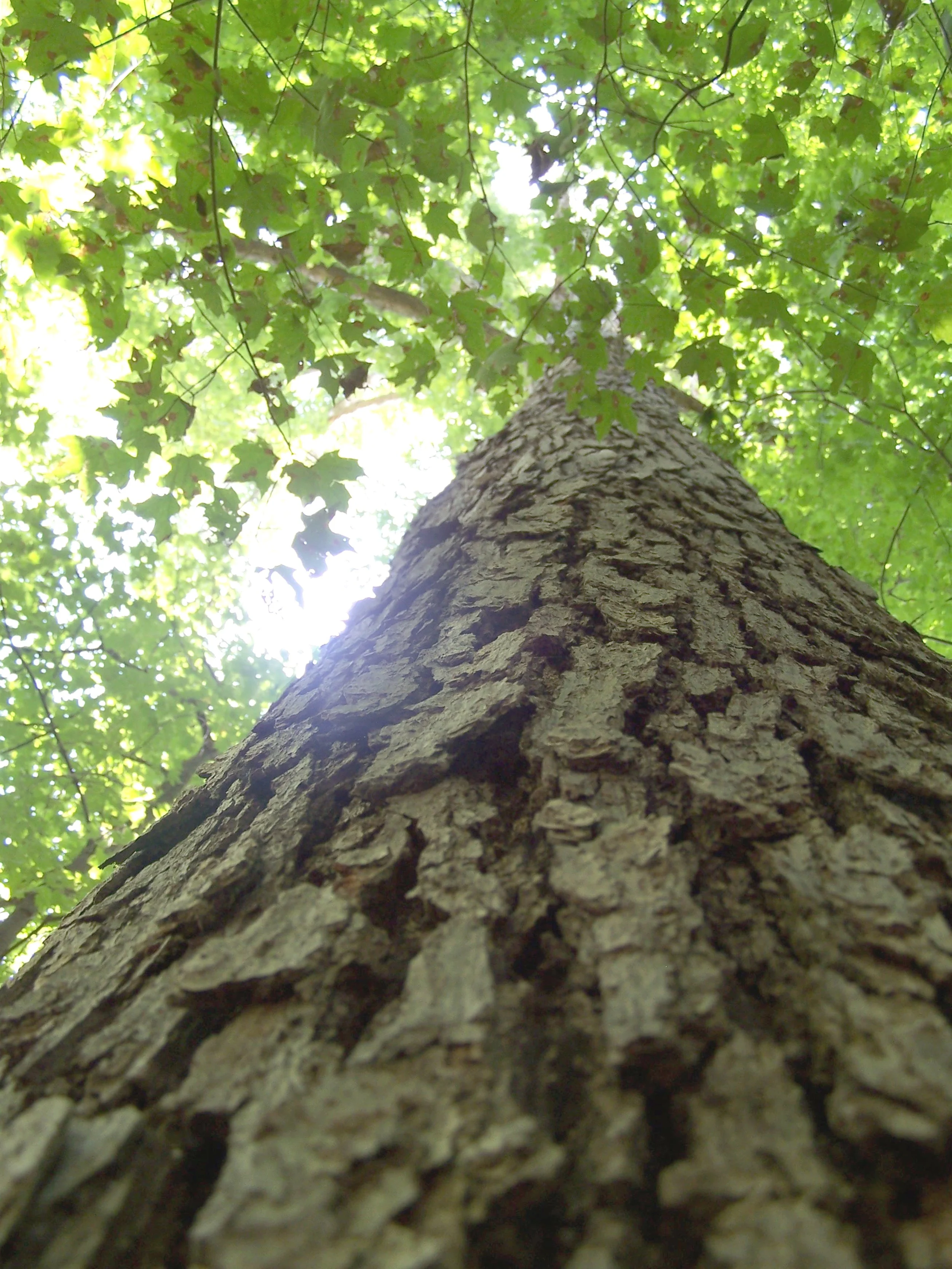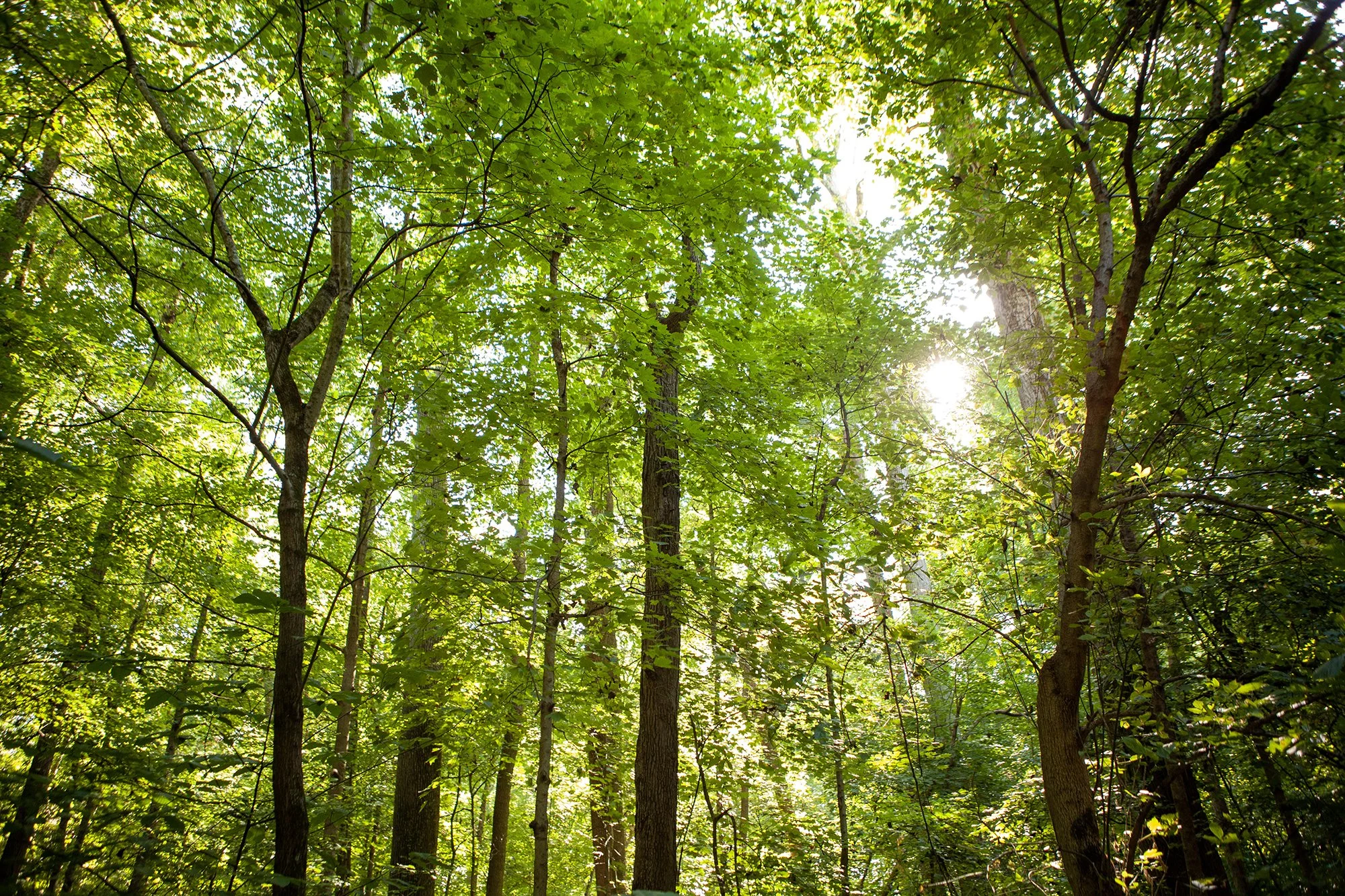Evansville Forest Alliance
Wesselman Woods receives a $249,000 grant from Indiana Department of Natural Resources to begin Evansville Forest Alliance
This transformational initiative will address pressing environmental, social, and economic challenges in Evansville.
Wesselman Woods Nature Preserve (WW), in partnership with the City of Evansville Arborist, the City of Evansville Climate Action Director, Community One, and Indiana Department of Natural Resources (IDNR) proudly announces the establishment of the “Evansville Forest Alliance”.
This transformative initiative ⏤ backed by a significant grant of $249,000 ⏤ aims to revolutionize the urban environment with strategic tree planting in Evansville, Indiana with a special focus on underserved and low-income communities. The grant was awarded by the IDNR Community & Urban Forestry Department and the funding was provided by the United States Department of Agriculture (USDA) Forest Service through the Inflation Reduction Act.
The Evansville Forest Alliance is set to transform the city's landscape through a comprehensive approach driven by community collaboration. This groundbreaking initiative will address pressing environmental, social, and economic challenges faced by disadvantaged neighborhoods. The goal is to revitalize these areas through strategic tree planting initiatives. Not only will this address environmental concerns but also create opportunities for community engagement, education, and potential employment through tree management and care projects.
Executive Director of WW, Zach Garcia, says: “This initiative has been in the works for at least two years. I am ecstatic that Wesselman Woods, along with many other collaborators, can now make this a reality. Planting native trees, educating residents on maintenance and care for trees, and providing outreach events on the importance of a healthy tree canopy are all wins for our city, its residents, and our urban ecosystems. The Evansville Forest Alliance, I hope, will be a continuing effort for decades to come, energizing citizens to plant as many trees as possible.”
For the first stage of this project, Community One will help lead the tree planting efforts in Evansville’s Tepe Park. Executive Director of Community One, Jessica Welcher, adds: “We are thankful to Wesselman Woods and this initiative for listening to residents of Tepe Park who have been expressing for many years the desire to improve the urban canopy of the neighborhood and increase green space. In the past, neighbors have started grassroots efforts to support this vision. Now, through elevated investment, residents can participate in focused impact as they improve the urban forestry in their own neighborhood for decades to come.”
All project leaders for the Evansville Forest Alliance will be meeting with the IDNR Community & Urban Forestry Department to discuss locations, logistics, and community engagement mechanisms to establish a denser and healthier urban canopy.
A key component of the Evansville Forest Alliance's efforts includes conducting a city-wide canopy assessment to determine plans for future tree plantings and canopy growth. City Arborist, Shawn Dickerson says: “the City will be working with Indiana University’s Cohort Program to seek help establishing valuable connections between organizations in the city that are critical to finding places to plant trees where they are needed in the underserved areas of the city. This will be done though involving people in those areas in the planning process to help revitalize their neighborhoods. This cooperative effort will not only serve as a way to get trees planted though this grant but will be the catalyst for many other cooperative tree plantings in the future throughout the city.”
With an emphasis on increasing urban tree canopy cover and community involvement in tree care and planting, the Evansville Forest Alliance seeks to correct the inequitable distribution of environmental resources. From City of Evansville Climate Action Director, Lauren Norvell: “This is just one example of how federal funding is addressing environmental inequities. The City of Evansville has many disadvantaged ‘under-canopied’ neighborhoods where residents suffer more from extreme heat, high energy costs, and air pollution. Increasing urban greenspace and tree canopy in the neighborhoods that need it most will ensure the resulting health and climate benefits are felt by everyone.”
In addition to confronting and reducing environmental inequities through an increase in urban canopy, the Evansville Forest Alliance aims to bolster the ecological and climate resilience of the city. Derek Walsh, Director of Natural Resources and Research at WW, adds: “Strategic tree plantings throughout the city can create wonders for people and the inhabitants of urban ecosystems. By selecting resilient native tree species, we can promote ecological integrity and human wellbeing at the same time. Our efforts to expand the city’s canopy coverage will provide more habitat for birds, insects, and countless other forest residents. I am so excited to be a part of this initiative, as it allows us to foster a healthy urban ecosystem for all residents and for generations to come.”
This ambitious initiative emphasizes the commitment of partners and stakeholders to the well-being and transformation of Evansville's urban landscape. Jacob Roos, IDNR Urban Forestry Director, states: “It is exciting to see communities like Evansville making urban forestry such a high priority and taking advantage of funding opportunities like this. What makes projects like this so great is the potential for positive impacts on these neighborhoods immediately as well as long into the future.”
The Evansville Forest Alliance stands as a testament to the power of collaborative efforts and community-driven initiatives, supported by substantial funding that can bring about lasting change.
Questions? Please call us at 812-479-0771 or email info@wesselmanwoods.org.




